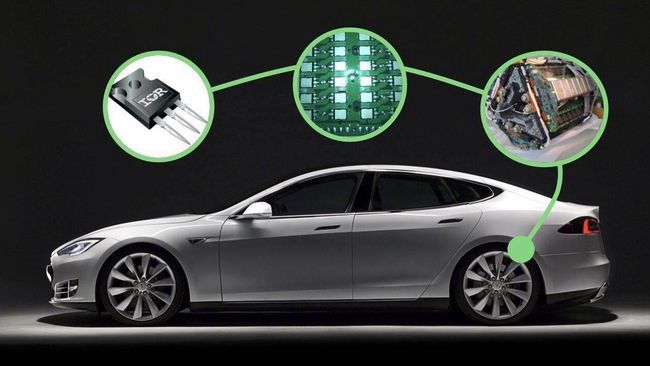Carmakers' woes are not over yet. After "lack of core", "lack of magnesium" is threatening each factory. The metal makes automotive aluminum harder and lighter, and also makes welding easier. Automotive aluminum contains between 3 and 5 percent magnesium.
Magnesium can be found in car transmissions, around air bags, steering wheels, seats or fuel tanks. "Magnesium is as critical to keeping the car industry running as it is to keeping the human body running," say analysts at Kepler Cheuvreux securities.
China produces 90 percent of the world's magnesium, especially the city of Yulin in Shaanxi Province, which alone accounts for 44 percent of the global supply, the report said. But because of energy shortages and power outages, the local government has ordered some producers to stop production by the end of the year, while others have to operate at half capacity to relieve pressure on the grid.

Magnesium production is extremely power-intensive, requiring 35 to 40 megawatt-hours to produce a ton of magnesium, compared with 13.5 megawatt-hours for aluminum, which is already energy-intensive. The price of magnesium has soared because there is little supply and little inventory. Magnesium prices in Europe have risen 160 percent since August to nearly $10,000 a ton, according to the German Mineral Resources Agency.
The auto industry accounts for 30% to 35% of the global magnesium consumption market, according to Bank of America estimates, with an average of 15 kilograms of magnesium used per vehicle. Because magnesium is so light, it is destined to find more use in car manufacturing, especially in electric cars with heavy batteries. Analysts at Bank of America warned that a lack of magnesium could lead to a lack of aluminum, which could affect automobile manufacturing.
Many of Europe's big metal producers are sounding the alarm. In a joint announcement, they said a "magnesium deficiency" could threaten the production of thousands of companies and millions of jobs in Europe. They called on the European Commission and national governments to strengthen contacts with Their Chinese counterparts to find a short-term solution to secure magnesium supplies.

WV Metalle, the German non-ferrous metals association, had called on the German government to urgently start talks with China to avoid a crisis similar to the "missing core". "Magnesium stocks in Germany and Europe could be exhausted by the end of November," the association warned.
In the U.S., companies have cited aluminum production shortfalls. Matalco, the largest U.S. producer of aluminum billets, has told its customers ahead of time that it may have to cut production capacity and adjust supplies starting next year. Alcoa, the leading U.S. producer of unwrought aluminum, also warned of the threat of "magnesium deficiency," writing in an open letter on Oct. 13: "For weeks, magnesium has been nearly depleted and we have been unable to buy the magnesium we need for 2022."
Kepler Cheuvres calculates that for every tonne of magnesium missing, BMW will produce 85 fewer cars and Volkswagen 106 fewer. So the impact of lost car production from "magnesium deficiency" could actually outweigh the cost increase from the surge in magnesium prices.




